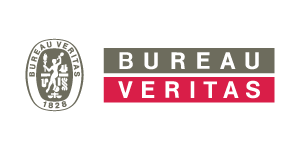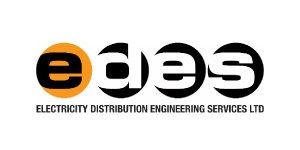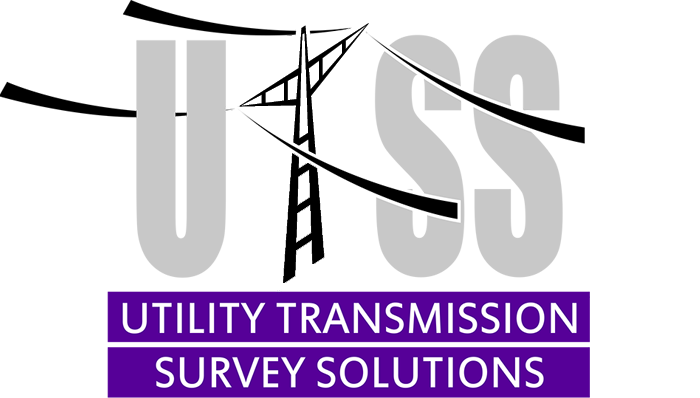Avoiding land compaction while carrying out effective Verticality Checks to overhead power lines
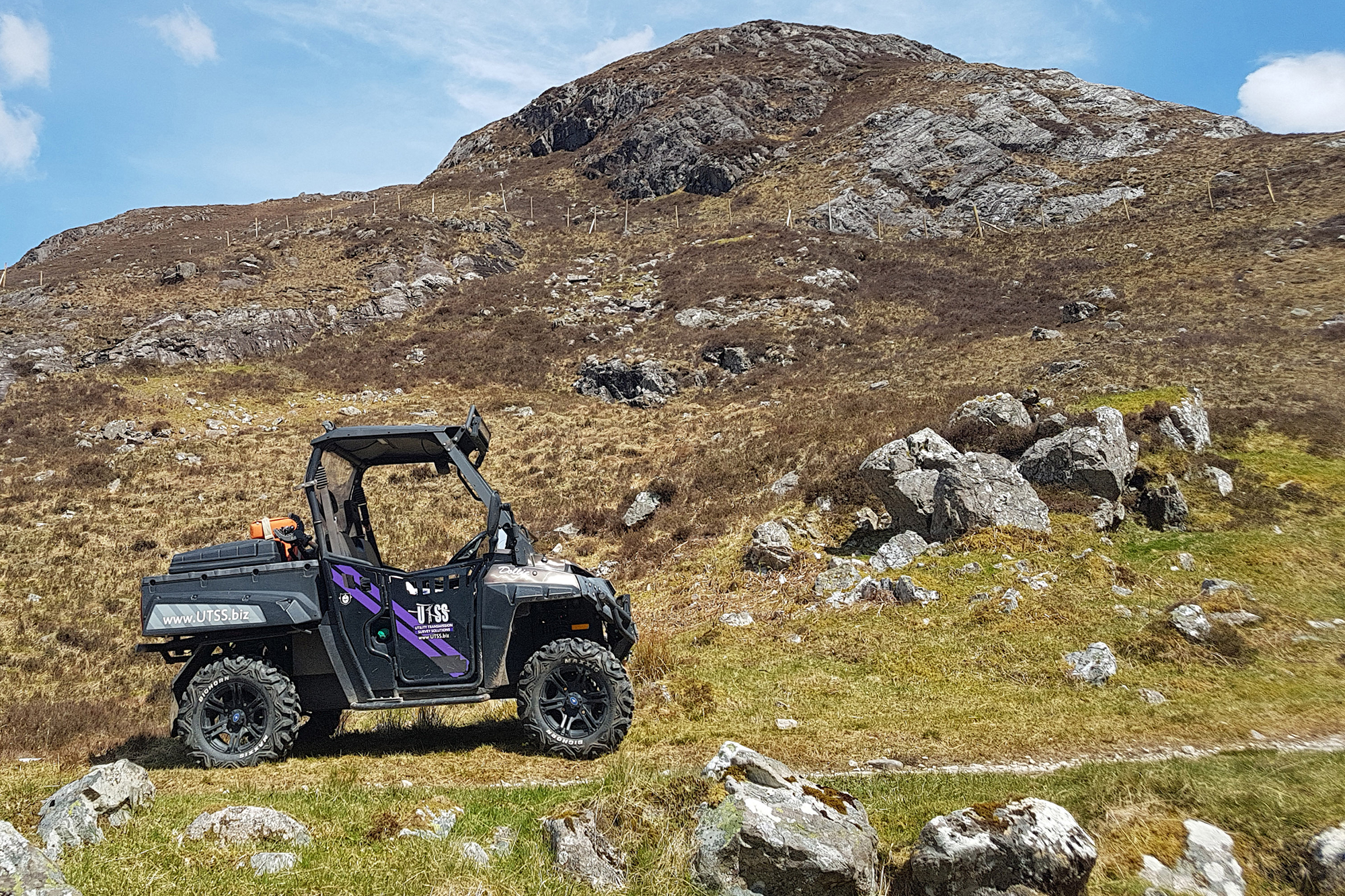
At UTSS a large portion of our work involves surveying landscapes, industrial structures and overhead lines. This work often involves traversing rural land in large, heavy vehicles with wide tyres for necessary stability. Whether this land is agricultural or more open, the subsequent soil compression caused by the heavy vehicles can pose a big problem.

Avoiding soil compaction when surveying
The results of this loss of pore space can be disastrous to crops and vegetation, causing poor internal drainage of the soil and greater ‘run-off’. ‘Run-off’, the failure of water to be absorbed into the soil after rainfall leads to soil loss and erosion, not a great situation for land, whether farmed or more wild in nature. Soil compression will also hinder root development and the delayed maturity of a crop.
All in all soil compression is something to be avoided at all costs.
Low ground pressure vehicle aids verticality check surveying
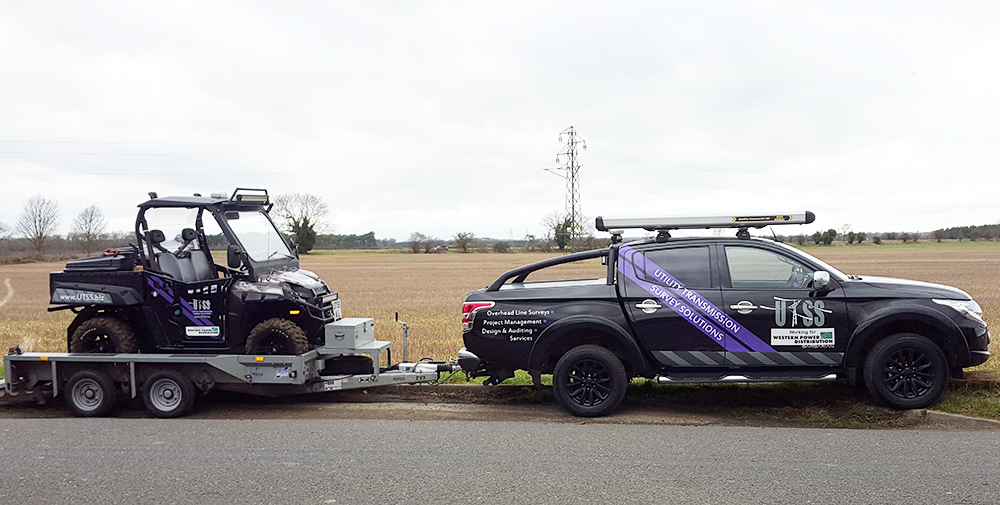
We invested in the Polaris quite early on in our company’s development, recognising the impact heavier vehicles could have on the soil. The Polaris is a low ground pressure vehicle but it is also an all-terrain vehicle allowing us to reach some very out of the way areas. With the aid of the Polaris we completed a verticality survey high up in a remote location on the Scottish Borders, an area some distance away from the road. But just as important the lightweight, low ground pressure feature of the Polaris enables us to traverse farmland and crop fields without causing significant damage.
We are often asked to complete essential ground data next to major road routes and motorways, assessing overhead lines for example, and this, more often than not, involves UTSS traversing fields that run alongside most major motorways. A pneumatic mast, supporting a 3d laser scanner or camera, is required for these jobs and the Polaris, despite its size and weight can transport this pneumatic mast with ease and more, importantly, with little damage to the underlying soil.
Our Polaris is invaluable to us as a company. It is a diesel run vehicle thus allowing us to work for longer out in the field before refuelling and the 55amp alternator allows us to use higher electrical load accessories such as extra lights and cab heaters helping us to extend our working day.
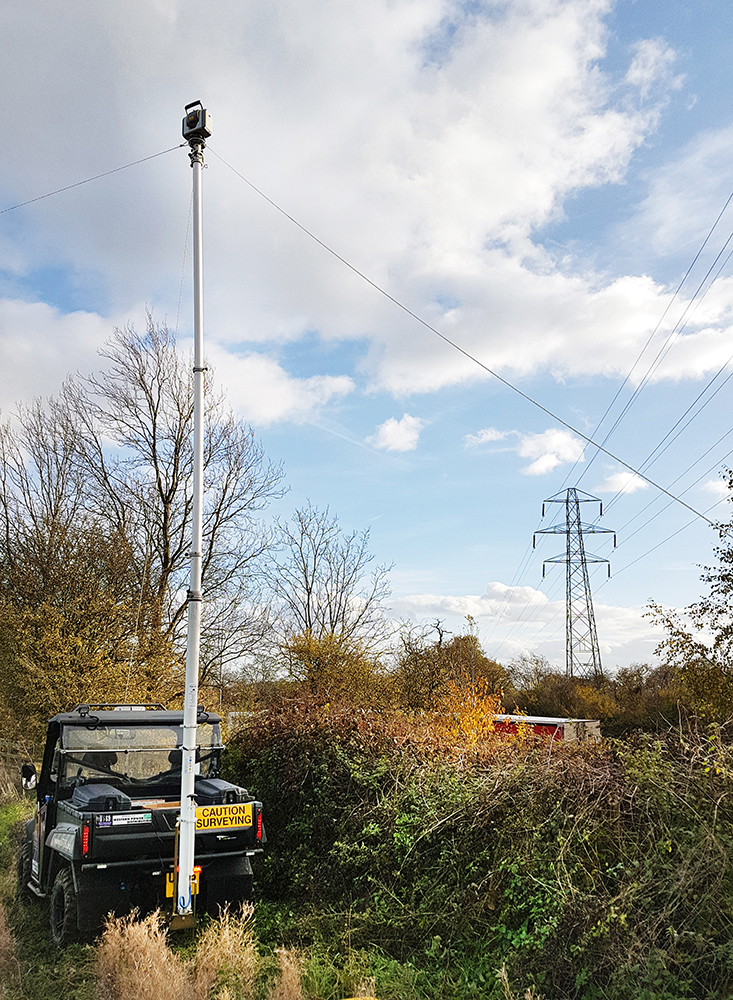
Clients we've worked with
